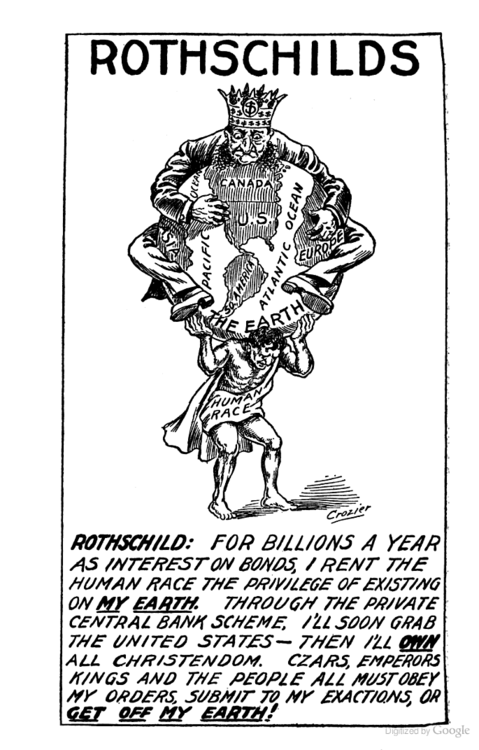The Gospel of Luke, Chapter 19
The Gospel of Luke, Chapter 19 - Christogenea on Talkshoe 11-02-2012
1 Then entering in He passed through Iericho, 2 and behold, a man by name called Zakchaios, and he was chief tax-collector and he was wealthy. 3 And he sought to see Yahshua, who He is, and was not able because of the crowd, for he was small in stature. 4 Yet running ahead to the front he went up into a mulberry tree that he may see Him, since He was about to pass through there. 5 And as He came by the place, Yahshua looking up said to him: “Zakchaios! Hurry, you must come down! For today it is necessary for Me to stay at your house!” 6 Then hurrying he came down and welcomed Him rejoicing. 7 And all those seeing it murmured, saying that “With a sinful man He has entered in to lodge!” 8 Then stopping Zakchaios said to the Prince: “Behold, half of my property, Prince, I give to the poor, and if I have extorted anything of anyone, I return it fourfold!” 9 And Yahshua said to him that “Today has preservation come to this house, because he also is a son of Abraham! 10 For the Son of Man has come to seek and to save that which has been lost!”
This account of Zakchaios the tax-collector only appears in Luke. Note the exclamation of Yahshua in verse 9, “Today has preservation [or salvation] come to this house, because he also is a son of Abraham!” We are not told whether Zakchaios is an Israelite, however he must be, for he is already a son of Abraham, and that is why salvation came to his house. Salvation did not come to the house of Zakchaios because he was repentant. Salvation did not come to the house of Zakchaios because he offered to give away his property. Rather, Christ is salvation, and Christ chose to come to the house of Zakchaios because Zakchaios is a son of Abraham!

 "In other words, the imperial power of elasticity of the public currency is wielded exclusively by these central corporations owned by the banks. This is a life and death power over all local banks and all business. It can be used to create or destroy prosperity, to ward off or cause stringencies and panics. By making money artificially scarce, interest rates throughout the country can be arbitrarily raised and the bank tax on all business and cost of living increased for the profit of the banks owning these regional central banks, and without the slightest benefit to the people. These twelve corporations together cover the whole country and monopolize and use for private gain every dollar of the public currency and all public revenue of the United States. Not a dollar can be put into circulation among the people by their Government without the consent of and on terms fixed by these twelve private money trusts."
"In other words, the imperial power of elasticity of the public currency is wielded exclusively by these central corporations owned by the banks. This is a life and death power over all local banks and all business. It can be used to create or destroy prosperity, to ward off or cause stringencies and panics. By making money artificially scarce, interest rates throughout the country can be arbitrarily raised and the bank tax on all business and cost of living increased for the profit of the banks owning these regional central banks, and without the slightest benefit to the people. These twelve corporations together cover the whole country and monopolize and use for private gain every dollar of the public currency and all public revenue of the United States. Not a dollar can be put into circulation among the people by their Government without the consent of and on terms fixed by these twelve private money trusts."



 Please click here for our mailing list sign-up page.
Please click here for our mailing list sign-up page.







